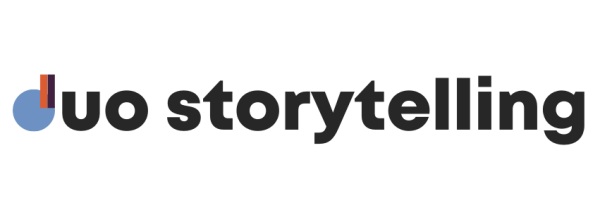There are numerous reasons to write a book for your business. Not only does having author’s credit under your belt help establish your company as an authority, but books can also be used as giveaways, incentives, or part of lead generation and conversion.
Understand Your Book’s Value Proposition
Writing a book for your business is a lot more like launching a new product than it is a side project. If you aren’t delivering value to your reader, you aren’t really delivering on your promise—or engaging your audience.
Finding a value proposition for your book means not only understanding what you’re providing but who you’re providing it to. To get you started on developing your value proposition, take some time to answer these three questions:
- What is your book offering? A solution, a new methodology, a new perspective?
- Who would it be valuable to? Young or established professionals? People looking for growth or assistance? Solopreneurs or enterprise companies?
- Why is it valuable to that end user or reader?
Get as specific as possible. This will help you best understand what you have to offer and help guide your creation process with that end goal in mind. On the flip side, a generic value proposition for your book is the same as a weak product description on the market: uncompelling. That’s never a great sales strategy.
It’s also important to find what differentiates your book from others on the shelf. In other words, what does your book offer that the ones to the right and the left of it don’t?
Establish Authority and Credibility
It’s not enough to be in-industry, even for C-level professionals. Unless you’re as famously innovative as Steve Jobs, chances are readers will still need to be impressed by, or at least informed of, your credibility within the space.
You can also think of this as the question: What makes you the right person to write this book?
The answer to that may be in your education, professional background, years of experience, or relevant life experiences.
Structure Your Information
No matter how familiar you are with a subject, it’s not always easy to translate your knowledge to a fresh audience. It can be hard to know where your readership’s general knowledge ends and your expertise begins. Avoid information gaps by planning and organizing your information before you start writing.
Create an outline of what you want to say, keeping your target audience in mind the whole time. It’s also important to keep an eye on the flow of your information. Are you providing enough context and connective information for it to stick in your readers’ minds? Are you continually building on previous information?
To save on drafting time and editing costs, some authors choose to have their outlines reviewed by an editor to check for structure gaps or areas of improvement.
Keep It Simple
Be straightforward in your explanations and phrasing whenever possible. It’s more important to convey an idea well than it is to use impressive vocabulary.
But if big, complicated words are unavoidable, make sure you take the time to define them—especially if your text is for readers who are not already experts in your subject.
Seek Feedback and Revise
It’s always best to seek a second opinion, especially when you’re trying to explain complex or expert topics. Seek feedback on your clarity and how well you’re engaging your reader. Both are critical to providing value.
This can come from a professional editor, but starting with peer feedback is a great cost-saving first step.
Talk About It
Writing a book for your business is only worth something if people read it, which means they need to know about it first. Start promoting your book as early as possible, even before it’s published. Post updates to your social media, make a landing page on your company website, and brag about it on your LinkedIn.
Once published, consider offering your book in a giveaway or as an incentive to join your newsletter to help generate leads.
Looking for More?
Whether you’re trying to find the perfect narrative POV for your book or trying to build your best main character, we’ve got you covered.
Find us on Instagram and Facebook for more.
Sign up for our newsletter to receive TWO FREE toolkits: Demystifying Query Letters and The Roadmap to Successful Self-Publishing.


